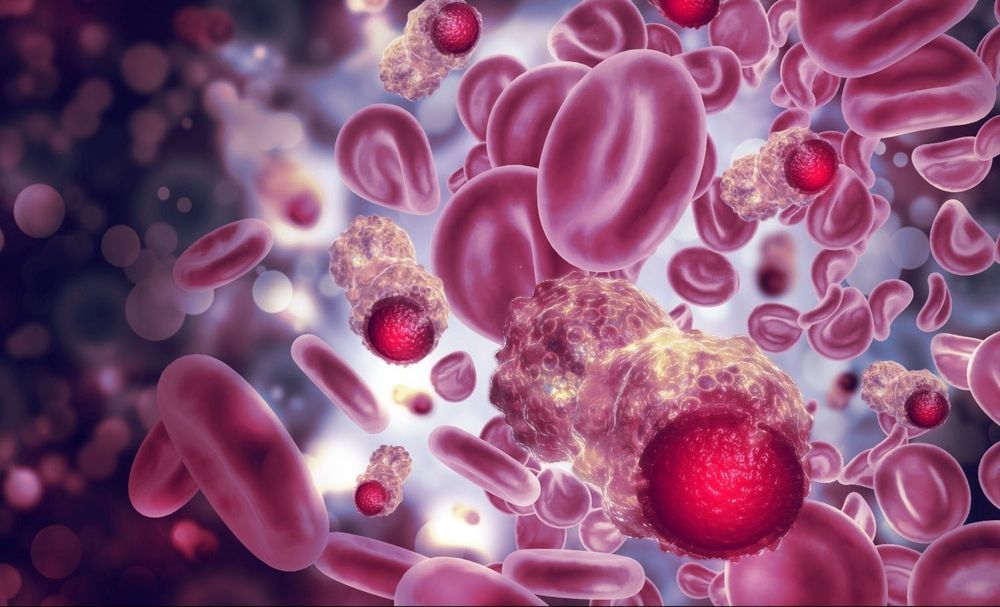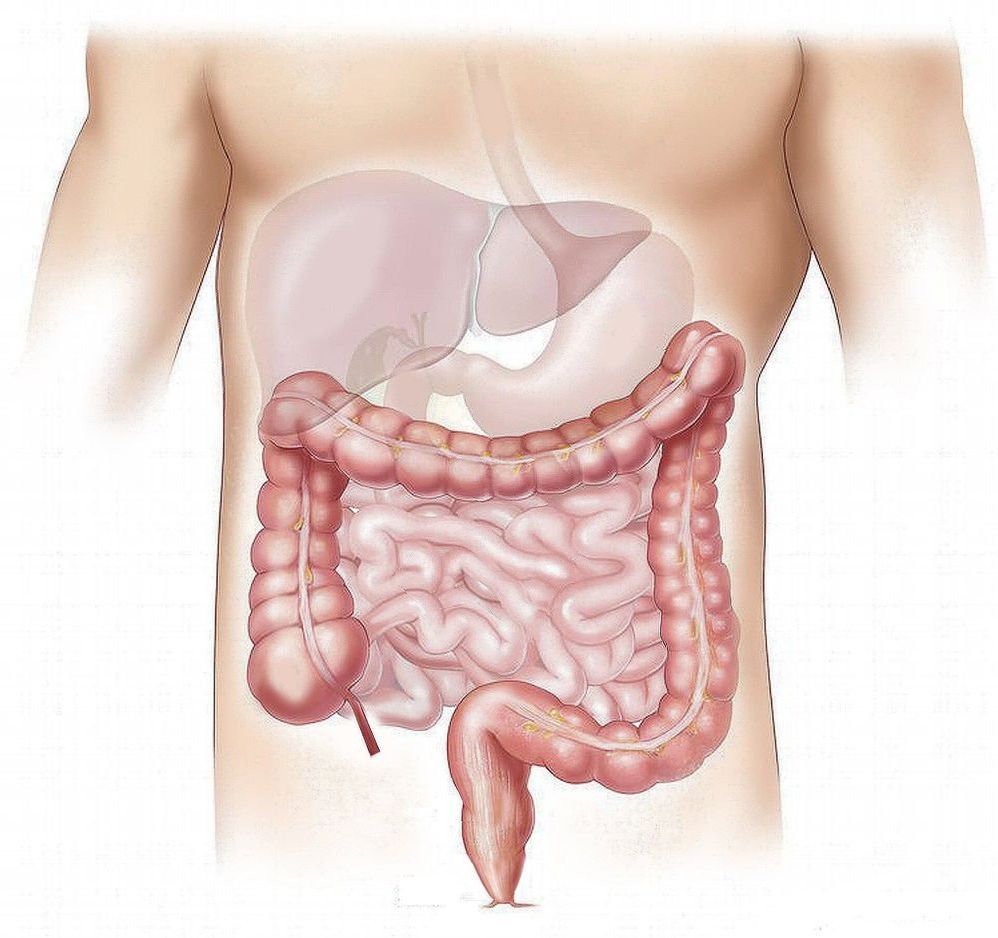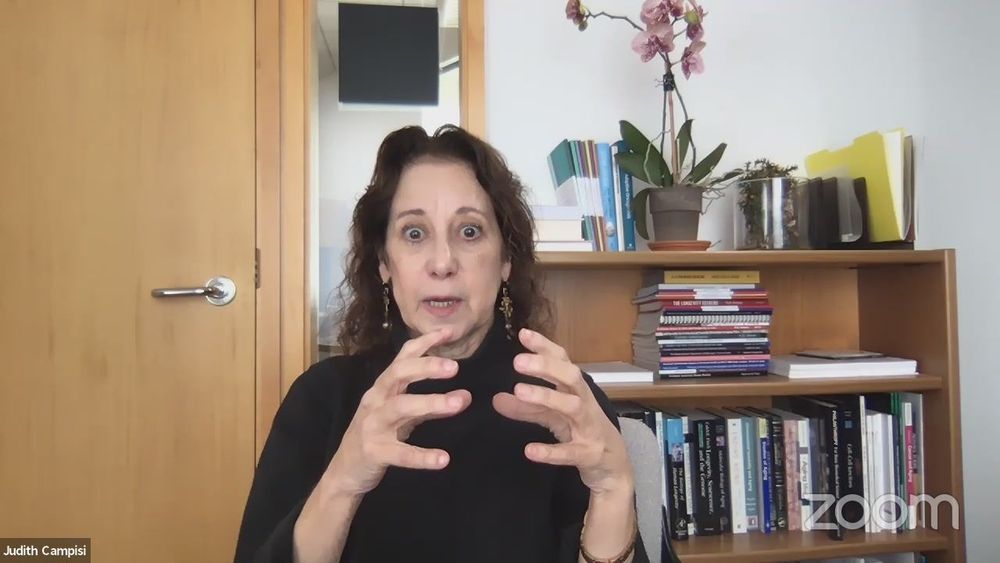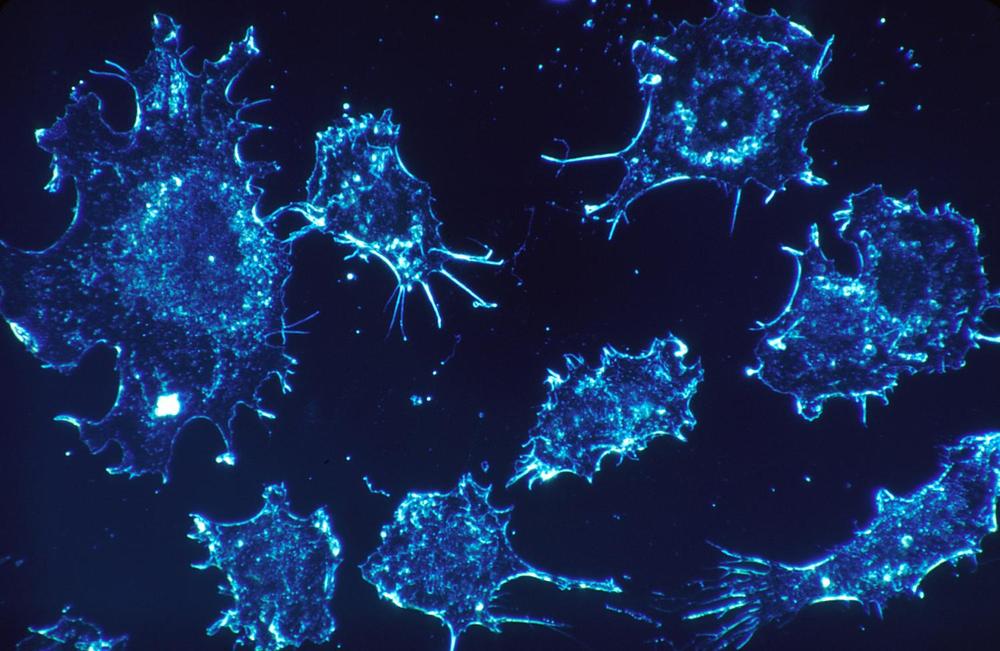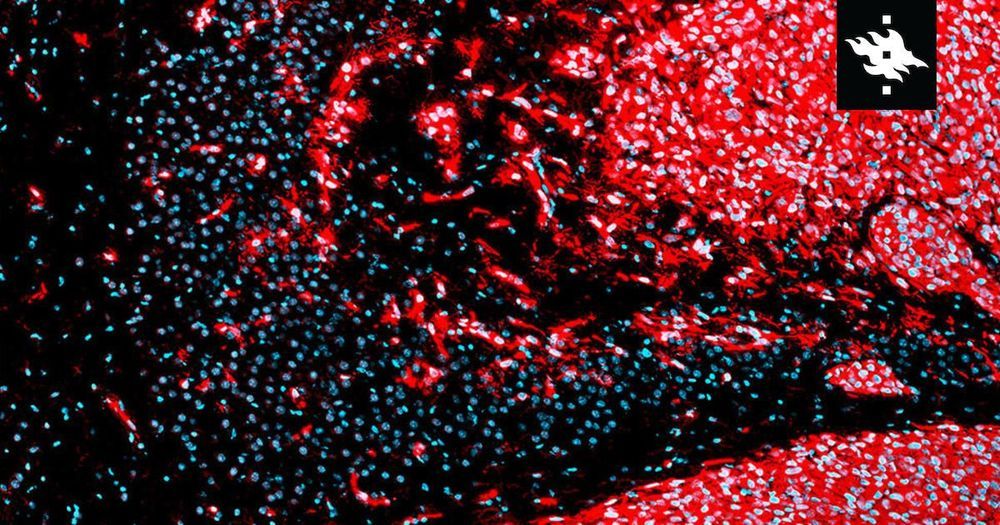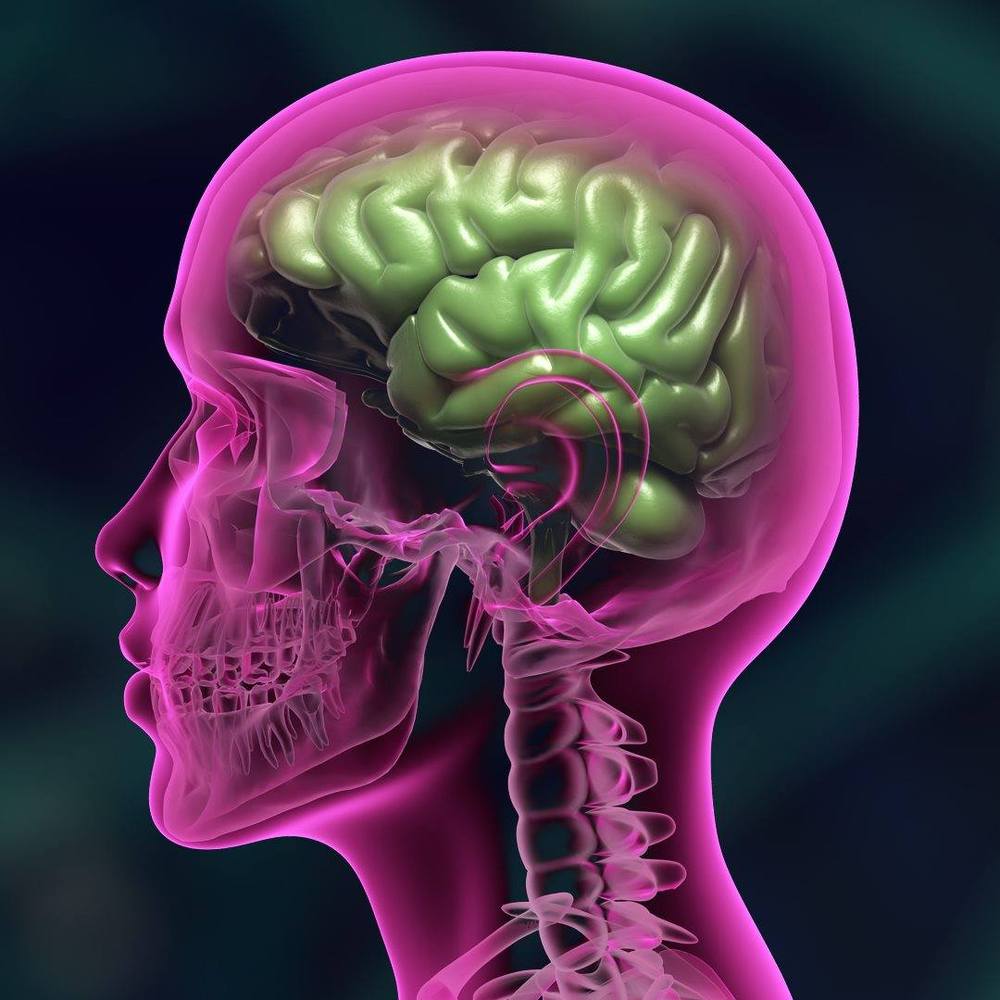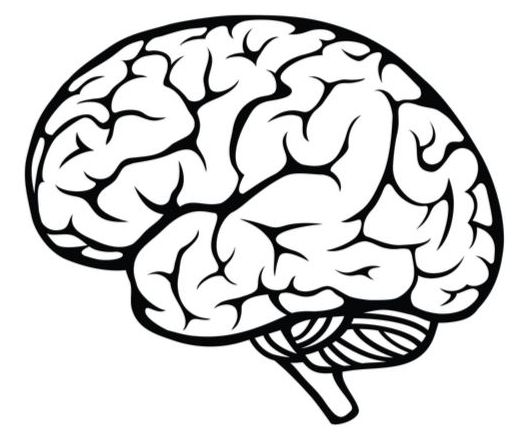May 14, 2019
Did Scientists Really Just Cure Cancer?
Posted by Quinn Sena in category: biotech/medical
Cancer is a disease that touches just about everyone. According to the American Cancer Society, men have a 39% chance of contracting some form of cancer at some point in their lives, while women have a slightly lower risk at 37%. And if you’re fortunate enough not be diagnosed with cancer yourself, the odds are high that someone you know will.
Because of this, a cure for cancer is the holy grail of the medical research community. Incredible treatments have been developed, but for hundreds of years, the hunt for an actual cure has felt like the hunt for a unicorn… a beautiful prize that may not even exist.
So just weeks ago, when Israeli scientists announced they’d found what they believe is a cure for cancer, the declaration sounded too good to be true. But here’s the thing:
Continue reading “Did Scientists Really Just Cure Cancer?” »
